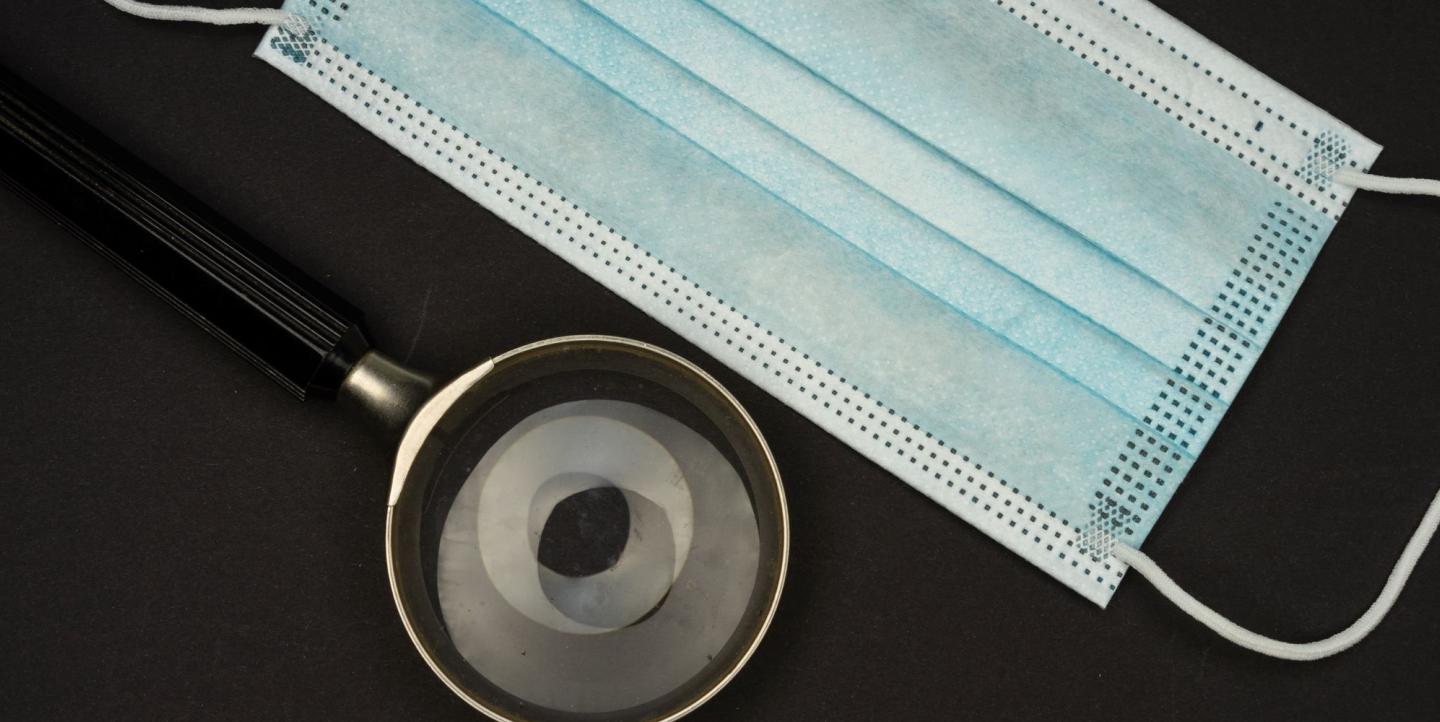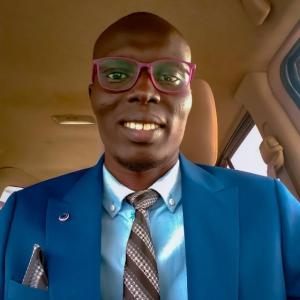In late 2019, a tip came through to a WhatsApp group run by civil society organizations in South Sudan. A Facebook post from an unfamiliar account, containing a photo of what claimed to be an official government document with details about COVID-19 cases in the country, was making the rounds on social media. The issue: the letterhead looked bogus, with no official signature or stamp on it — and COVID-19 hadn’t actually reached South Sudan yet.
A team of journalists and digital rights activists set out to identify who was behind the post, and what their motives were. They ultimately confirmed that the post was indeed misinformation, and the group began issuing alerts to media, requesting retractions from social media users circulating the post, and calling for Facebook to remove it.
These actions inspired members of the WhatsApp group to launch the fact-checking platform 211 Check, an initiative they run on a volunteer basis. Operating under the organization, Defyhatenow, 211 Check seeks to provide online users with accurate, potentially lifesaving information.
“After realizing all the mainstream media was focusing much on news and current affairs issues, we found that there was no creative media institution that could react to the kind of online content which the audience isn’t sure of. That is why 211 Check was created — a media that is a custodian of public trust,” said founder Nelson Kwaje.
211 Check leverages social media to counter COVID-19 misinformation. It publishes fact checks, explainers, social media health reports and more on Facebook, Twitter and Instagram. The efforts aim to reach the more than 900,000 internet users in South Sudan.
“We have issued over 150 fact checks, about 50 social media health reports and 20 explainers whose intentions are to guide the public to protect themselves on social media and other internet platforms,” said managing editor Emmanuel Bida, adding that 211 Check has also trained over 100 journalists and content creators across the country on how to counter COVID-19 misinformation.
Geu Lazarus, a freelance journalist and 211 Check Africa Fact Checking Fellow has been one of the beneficiaries of these trainings. “The platform helped me gain more knowledge on fact checking, it gave me easy-to-use tools even on the phone to fact check. In regards to COVID-19 and the myths around it, this knowledge was applied to get information regarding the virus and the stories around it,” he said.
Through a partnership with Facebook, 211 Check also works to remove misinformation from the social media platform. "In several instances, Facebook pages especially have brought down posts that are proven false by 211 Check, and Facebook as our partner has in some cases removed COVID-19 posts that are false and misleading,” said Bida.
211 Check’s fact-checking has helped outlets with large audiences identify their own missteps with misinformation, too.
“In mid-2020, a South Sudanese alternative media platform with over 220,000 followers on Facebook issued fake news saying the former presidential advisor on economic affairs was dead of COVID-19. The post within a few minutes had thousands of reactions,” said Kwaje. “Our team had to get to work in the middle of the night and later found out that the information was false — he had indeed contracted the virus, but was not dead. We issued a fact check on our platform and asked the media house to remove the post, and superbly it removed the content. Such a post, if not immediately verified, would have caused a huge impact.”
In another instance, when UN staff members in South Sudan became the country’s first documented cases of COVID-19, 211 Check set out to debunk false theories that they were responsible for bringing the virus to the country. “We immediately had to fact-check in order to protect [identities] and to also mitigate the news that was going viral,” said Kwaje, adding that the fact checks also aimed to mitigate potential attacks against other UN personnel in the country.
Bida insisted that South Sudan authorities must step up efforts, including on social media, to curtail the spread of COVID-19 misinformation. "It's paramount that South Sudan's government, especially the concerned authorities, should work hand in hand with several agencies to ensure that it mitigates the fake news or fabricated content associated with COVID-19 dis/misinformation for a brighter future," he said.
Funding challenges notwithstanding, Kwaje added that 211 Check will continue training journalists at the grassroots level, making sure the platform increases its reach regionally and internationally.
Photo by Markus Winkler on Unsplash.


